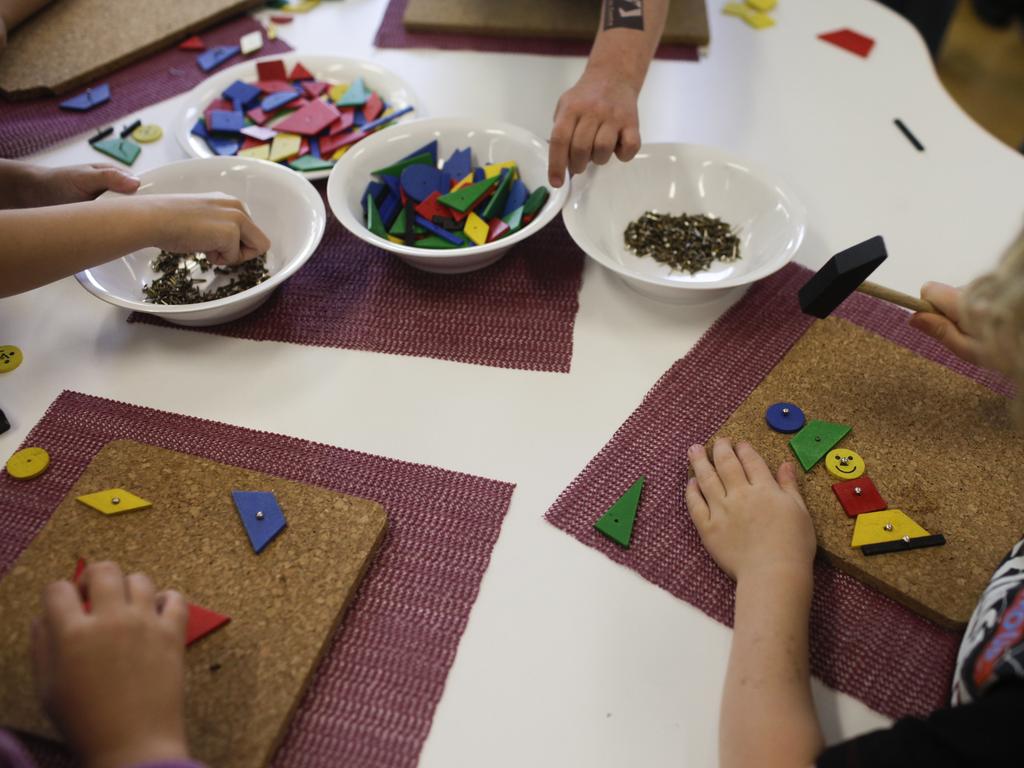New parents quickly learn to speak baby
Mums and dads of young babies can identify an infant’s pain cries even if they have never heard the child before, scientists in France have found.

Understanding a baby’s cries may seem baffling to a non-parent, but new dads and mums soon become so fluent that they can decipher even the screams of an infant they have never met.
The news may be comforting to those planning or expecting children, who often feel daunted by the idea of caring for a screaming baby. No one has an innate ability to decipher the cries – only with experience can you become an “expert interpreter” of babies, scientists said.
Researchers set out to test whether people could tell the difference between a cry from a baby in genuine pain, and a cry produced by one who was only a bit cross or uncomfortable.
They recorded the cries produced by babies being given their vaccinations by a doctor. They also recorded the cries of babies being given a bath and who were, judging from their reactions, unhappy about the whole concept of bath time.
The researchers, from the Jean Monnet University of St Etienne, France, played the recordings to a range of people, including those with no children of their own and no experience of looking after babies, those with no children but with experience of babysitting, those with no children but with professional experience in childcare, parents with children aged over five, and parents with infants under two.

“Adults with no experience of caring for babies are unable to identify whether a baby’s cry is a pain cry induced by vaccination or a mild discomfort cry recorded during a bath,” the team said. This was true even when it was a baby the listener had heard crying before.
Parents of older children, whose memories of looking after a screaming baby may have faded, and non-parents with professional childcare experience were able to tell the difference if the cries were produced by a baby they had heard crying before.
However, the study, published in the journal Current Biology, found that “parents of very young children are even able to identify the pain cries of a baby who is completely unfamiliar”.
It said that a cry produced in response to pain was “longer and louder as well as harsher and rougher”.
Nicolas Mathevon, from the university, said: “Current parents of young babies can identify a baby’s pain cries even if they have never heard this baby before, whereas inexperienced individuals are typically unable to do so.”
The ability to learn a baby’s language is useful because humans have evolved as “co-operative breeders”, meaning that childcare has long been provided by a network of relatives such as grandparents and siblings who can learn to decipher the baby’s cries.
The researchers concluded: “It is through experience that caregivers become expert interpreters of the infants’ cries, allowing them to respond to the encoding of pain in cries.”
– The Times





To join the conversation, please log in. Don't have an account? Register
Join the conversation, you are commenting as Logout